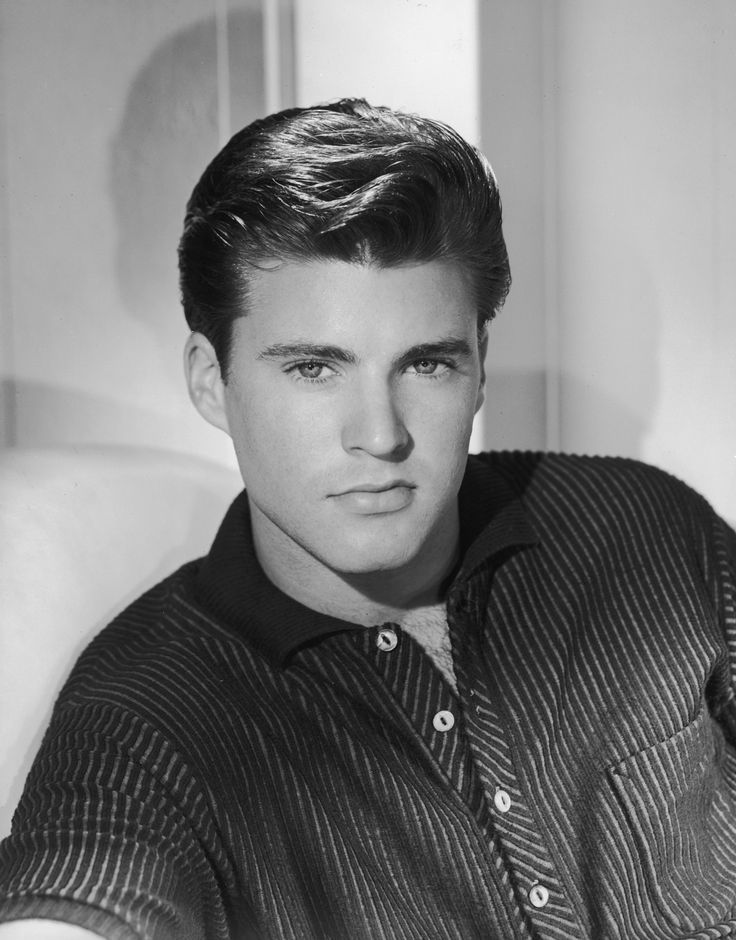
Wanderlust and Young Love: Ricky Nelson’s “Travelin’ Man”
There’s a certain romanticism attached to the image of the wandering soul, the heart that’s forever chasing horizons and finding love in every port. In 1961, Ricky Nelson, the clean-cut teen idol with a rockabilly heart, captured that wanderlust perfectly in his hit song, “Travelin’ Man.” More than just a catchy tune, it’s a snapshot of a time when pop music could be both innocent and adventurous, a time when a young man’s journeys were as much about self-discovery as they were about romance.
“Travelin’ Man” is a classic example of early 1960s pop songwriting, with its simple but effective structure and lyrics that tell a universal story. Penned by Jerry Fuller, the song was originally intended for Sam Cooke, but fate intervened, and it landed in Nelson’s hands. This proved to be a fortuitous turn of events, as Nelson’s youthful vocals, imbued with a touch of rock and roll swagger, perfectly embody the spirit of the song.
The track opens with a jaunty acoustic guitar riff that immediately sets the scene for a journey. As Nelson’s voice enters, smooth and clear, he paints a picture of a globetrotting charmer who leaves a trail of broken hearts in his wake. From San Francisco to Rome, from Acapulco to Hawaii, the “Travelin’ Man” collects souvenirs in the form of romantic conquests. Each verse unfolds like a postcard, offering glimpses of exotic locales and fleeting encounters.
Yet, beneath the surface of this seemingly carefree tale lies a hint of melancholy. The lyrics suggest a restless spirit, a soul that can’t seem to find a place to settle down. Is the “Travelin’ Man” truly happy with his nomadic lifestyle, or is he searching for something more? This underlying question adds a layer of depth to the song, inviting listeners to ponder the nature of love, freedom, and the pursuit of happiness.
“Travelin’ Man” resonated with audiences in the early 1960s, becoming one of Ricky Nelson’s signature songs and a staple of his live performances. Its enduring appeal lies in its ability to evoke a sense of adventure and longing, capturing the timeless allure of the open road and the romantic possibilities that lie around every corner. Even today, the song continues to transport listeners to a bygone era, reminding us of a time when pop music was filled with youthful optimism and a sense of endless possibility.